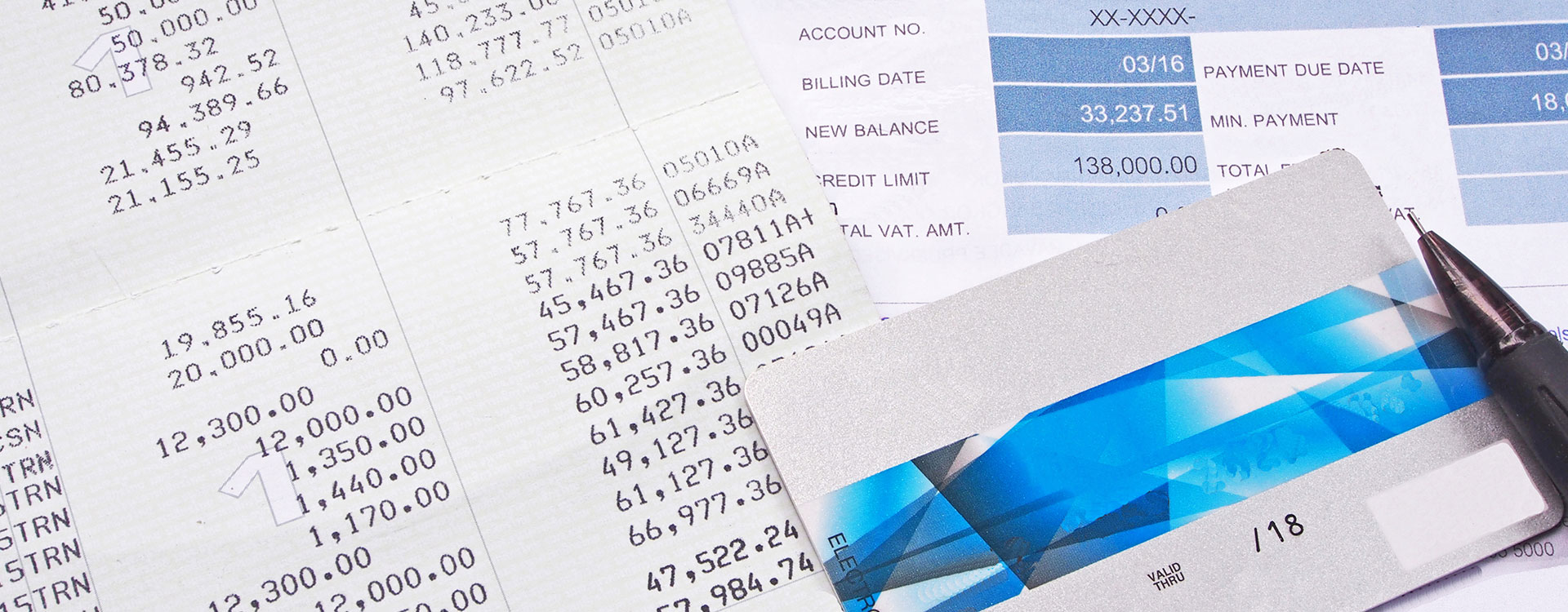Personal loans generally aren’t taxable, but there is one instance where they could be you should know about.
As you consider taking out a personal loan, understanding the potential tax implications is essential for managing your finances effectively.
While personal loans typically aren't taxable income, there are exceptions and considerations to keep in mind.
Below, we’ll cover the nuances of personal loan taxation, including when a loan may be considered taxable income, the tax-deductible nature of loan interest, and common questions borrowers have about personal loans and taxes.
KEY TAKEAWAYS:
- Since personal loans are not earned income and must be repaid in full, they are typically not subject to income tax when filing taxes.
- While personal loans are generally not taxable, there are situations where they may be treated as taxable income.
- And while the loan principal itself is not tax-deductible, the interest paid on certain types of personal loans may be eligible for tax deductions.
Is A Personal Loan Considered Taxable Income?
In most cases, personal loans are not considered taxable income because they are funds that must be repaid rather than earned income.
According to the IRS, income is defined as money earned from employment or investments for personal use.
Since personal loans are not earned income and must be repaid in full, they are typically not subject to income tax when filing taxes.
Exceptions: When Are Personal Loans Taxable?
While personal loans are generally not taxable, there are situations where they may be treated as taxable income.
One such scenario is when a borrower defaults on a loan, and the remaining debt is canceled or forgiven by the lender. This cancellation of debt (COD) results in the forgiven amount being treated as taxable income for the borrower.
For example, if you borrow $15,000 in a personal loan and repay $10,000, but are unable to repay the remaining $5,000 and the lender forgives that portion of the debt, you would need to report the $5,000 as income on your tax return.
In such cases, the lender may issue a Form 1099-C to report the canceled debt to both you and the IRS.
Tax-Deductible Interest On Personal Loans:
While the loan principal itself is not tax-deductible, the interest paid on certain types of personal loans may be eligible for tax deductions.
Below are some instances where personal loan interest may be tax-deductible.
Business Expenses: If you use a personal loan to finance business-related expenses, such as equipment purchases, travel expenses, or office rent, the interest paid on the loan may be tax-deductible. However, it's essential to keep detailed records of how the loan proceeds were used for business purposes to substantiate the deduction.
Taxable Investments: Interest paid on a personal loan used to finance taxable investments, such as purchasing stocks or mutual funds, may be tax-deductible up to the amount of investment income earned in the same tax year. Again, maintaining accurate records of the loan's use for investment purposes is crucial for claiming the deduction.
Education Expenses: Personal loans used to pay for qualified educational expenses, including tuition, textbooks, and school supplies, may qualify for tax-deductible interest payments.
Additionally, refinancing a student loan with a personal loan may also allow you to deduct the interest paid on the loan. Be sure to retain documentation proving that the loan proceeds were used for eligible educational expenses to support your deduction claims.
Loan Interest Deductions: Which Loans Qualify?
While personal loans are generally not eligible for interest deductions, several types of loans do qualify for tax-deductible interest payments.
Mortgages: Interest paid on a mortgage used to purchase, construct, or renovate a primary or secondary residence may be tax-deductible. Additionally, mortgage points paid to lower the interest rate may also be deductible.
Home Equity Loans and HELOCs: Interest payments on home equity loans or home equity lines of credit (HELOCs) used for qualified home improvements may be tax-deductible. These loans must be secured by the borrower's primary or secondary residence to qualify for the deduction.
Student Loans: Interest paid on student loans used to finance higher education expenses may be tax-deductible, subject to certain income limitations and eligibility criteria. Unlike personal loans, student loan interest deductions do not require itemization and may be claimed even if the borrower takes the standard deduction.
Business Loans: Interest payments on loans used for business purposes, such as financing equipment purchases, expanding operations, or covering operating expenses, may be tax-deductible for self-employed individuals and business owners. It's important to document how the loan proceeds were used for business purposes to support the deduction claim.
Frequently Asked Questions (FAQs) About Personal Loans And Taxes
Here are answers to some frequently asked questions about personal loans and their tax implications.
How do personal loans affect taxes?
Personal loans typically do not affect your taxes unless the loan is canceled or forgiven by the lender, in which case the forgiven amount may be treated as taxable income.
Are there any tax benefits to getting a personal loan?
While personal loans themselves do not offer specific tax benefits, the interest paid on certain types of personal loans may be tax-deductible if used for eligible purposes, such as business expenses, taxable investments, or education expenses.
Can I use a personal loan to pay my income taxes?
While it's possible to use a personal loan to pay your income taxes if you receive a large tax bill, most lenders do not offer loan amounts lower than $1,000 for this purpose.
Are payments for personal loans tax-deductible?
Payments for personal loans themselves are not tax-deductible. However, the interest paid on certain types of personal loans may be tax-deductible if used for qualifying purposes.
Final Thoughts About Paying Taxes On Personal Loans
As you navigate the world of personal loans and taxes, it's essential to understand the potential implications and plan accordingly.
By being aware of when personal loans may be considered taxable income, as well as the circumstances under which interest payments may be tax-deductible, you can make informed decisions about your finances and minimize any tax-related surprises.
Remember to keep accurate records of your loan transactions and consult with a tax professional if you have specific questions or concerns about your personal loan and tax situation.
How Credit9 Can Help You
At Credit9, we offer loan options that could provide you with the financial solution that works best for you.
Since 2018, Credit9 has provided over $460 Million in loans to over 36,000 of our customers, and we’re confident we can help you too.
For more information about Credit9’s unique debt consolidation services, contact us today to see how we can help you consolidate your debts and receive a free, no-obligation, and fully-customized Credit9 loan solution!



